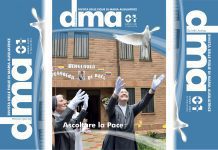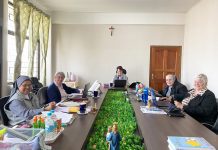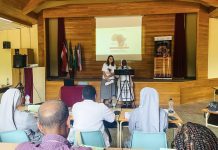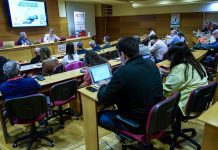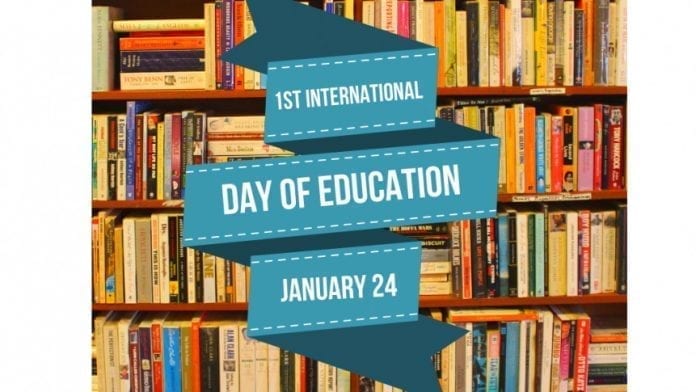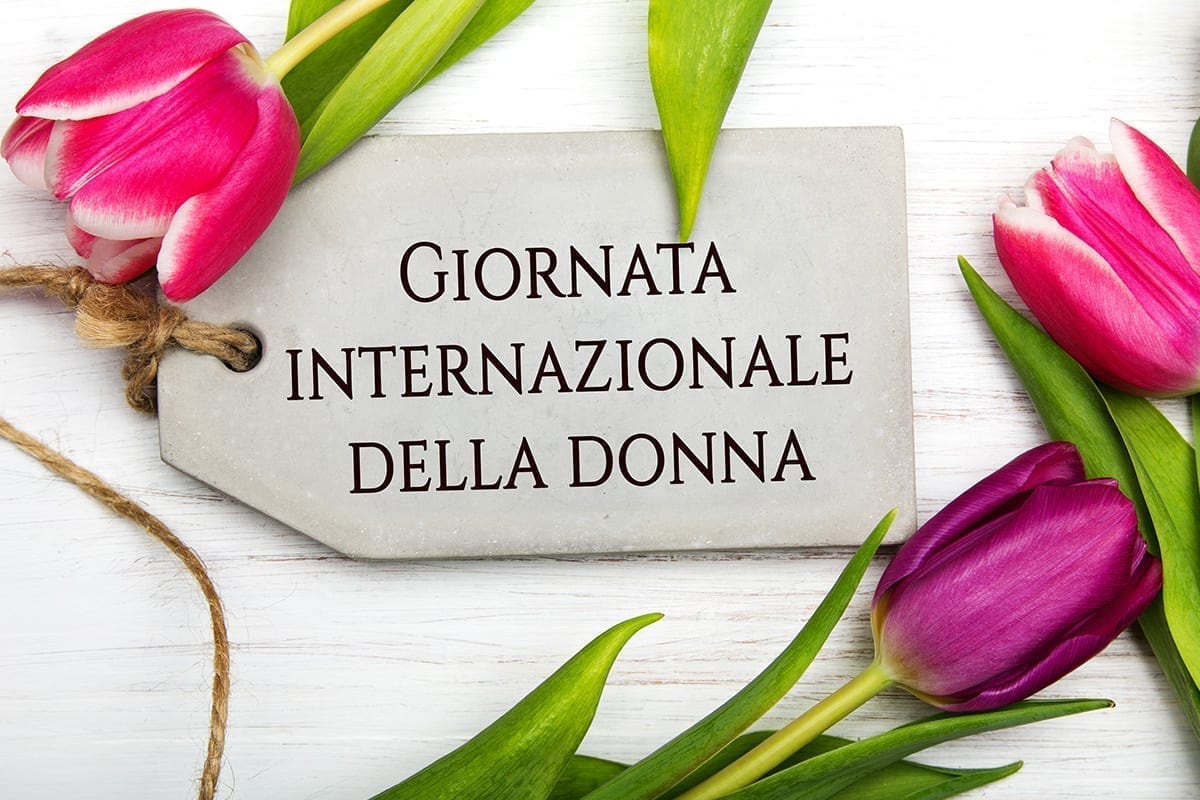Geneva (Switzerland). On January 24, 2019, on the occasion of the First World Day of Education, the United Nations Office in Geneva (UNOG) hosted the Round Table “Education for peace and development”.
The World Day of Education was instituted by the United Nations to raise world opinion on the educational emergency.
According to UNICEF data of 2018, there are about 262 million children and adolescents in the world who cannot go to school. 617 million children and adolescents cannot read or do basic math. Less than 40% of girls of sub Saharan Africa complete lower secondary school and about 4 million refugee children and young people do not go to school because of conflicts and poverty.
Dr. Audrey Azoulay, Director General of UNESCO, in her Message for the Day writes: “Without inclusive and equal quality education available throughout life for all, countries will not be able to break the cycle of poverty that is leaving behind millions of children, young people, and adults. We will not be able to mitigate climate change, adapt to the technological revolution, let alone achieve gender equality without an ambitious political commitment to universal education. This day is an opportunity to reaffirm fundamental principles. First, education is a human right, a public good, and a public responsibility. Secondly, education is the most powerful force in our hands to ensure significant improvements in health, to stimulate economic growth, to unlock the potential and innovation we need to build more resilient and sustainable societies”.
In the “Education for peace and development” Round Table, reflection was made on the quality of instruction for peace and development in the world, on the elimination of poverty, the sustainability of the environment, and the building of a peaceful and just society.
A large number of States and representatives of civil society participated in the event. Dr. Omar Zniber, Ambassador and Permanent Representative of Morocco at UNOG, stressed the importance of non-formal and formal education, of supporting an educator, trainer or animator able to offer support during the entire learning process .
Dr. Tahir Hussain Andrabi, Ambassador and Permanent Representative of Pakistan to the UNOG, said that the education of girls in Primary School should be promoted in particular, and that women’s education should be increased.
Mr. Carl Hallergard, Ambassador of the European Union and EU Delegate to the UNOG, said that the European Union looks to education as support for international cooperation and the development of the values of freedom, democracy, and human rights.
Dr. Maria Lucia Uribe, President of Arigatou International in Geneva, talking about cyberbullying and new forms of peer violence, highlighted the need to provide minors with a sense of belonging, interreligious learning that can enrich them, and a model of global citizenship that can guide them.
The challenge is an education that is comprehensive, inclusive, and accessible to all that will empower children and young people, strengthen gender equality, fight hatred and intolerance, improve health, and protect the resources of the planet. This is the appeal for many Daughters of Mary Help of Christians engaged in Education in many nations, because they respond with joy and audacity to a systematic education, allowing young people, especially the popular classes, to acquire the tools to access the circuits of culture .



